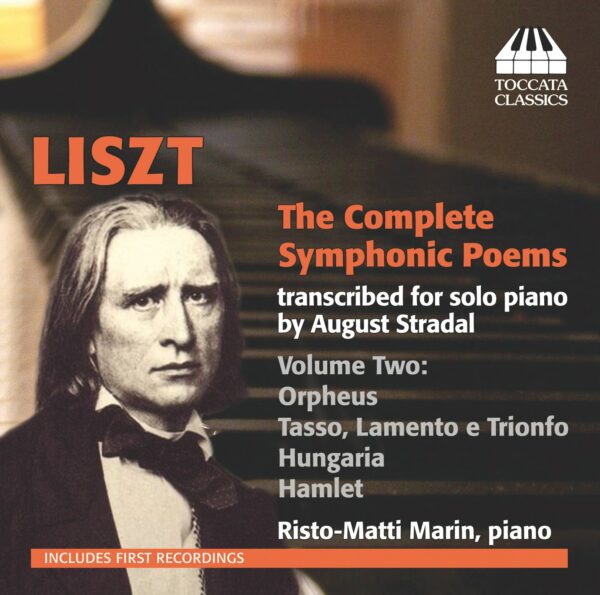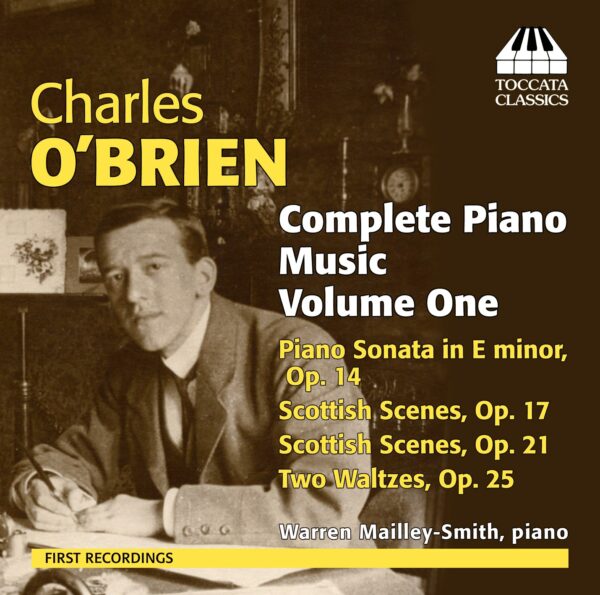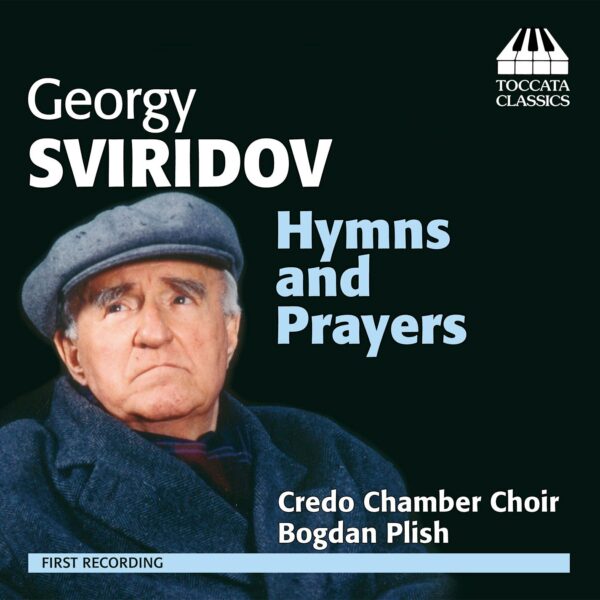Franz Liszt: Complete Symphonic Poems, transcribed for solo piano by August Stradal, Volume Two
Although Liszt's thirteen symphonic poems exist in two-piano transcriptions prepared by the composer himself, it was his Czech student August Stradal (1860-1930) who was to transcribe them for solo piano — versions which demand almost superhuman virtuosity. As Malcolm MacDonald writes in his booklet essay, Stradal's versions 'transform these revolutionary orchestral compositions into viable and effective piano works, faithfully preserving their masterly musical substance'. A Fanfare review of Vol. 1 in this series had high praise for Risto-Matti Marin's pianism: 'One marvels at the stamina that can keep such a plethora of detail in place with such relentless élan; at his narrative shaping, which can turn up an already withering heat, so to speak, at climactic moments; at his overarching persuasiveness'.
Risto-Matti Marin, piano
Listen To This Recording:
- Orpheus: Symphonic Poem No. 4 (1853–54)
- Tasso, Lamento e Trionfo: Symphonic Poem No. 2 (1854)
- Hungaria: Symphonic Poem No. 9 (1854)
- Hamlet: Symphonic Poem No. 10 (1858)





MusicWeb International :
‘If you have already been drawn to Risto’s earlier Toccata volume then you will have acquired this one long before this review appears. Others dipping their toes into the cycle cannot fail to come away from the experience impressed.’
—Rob Barnett, MusicWeb International
Fanfare magazine :
‘Stradal’s transcriptions are consistently gripping. […] he translates Liszt’s orchestral works with a profound sense of Liszt’s keyboard idiom, enough so that much of the time—certainly, more regularly than you might have thought possible—these transcriptions sound like they were in fact conceived for the keyboard. And as piano works of this caliber, they offer a very different kind of excitement than their orchestral forebears. At least in Risto-Matti Marin’s hands. […]
This is, in sum, Liszt playing at a rarified level. […]
All [the works] are vivid, with an exceptional level of detail. Excellent notes by Malcolm MacDonald, too. Another triumph for one of our more adventurous record companies.’
—Peter J. Rabinowitz, Fanfare magazine September/October 2013